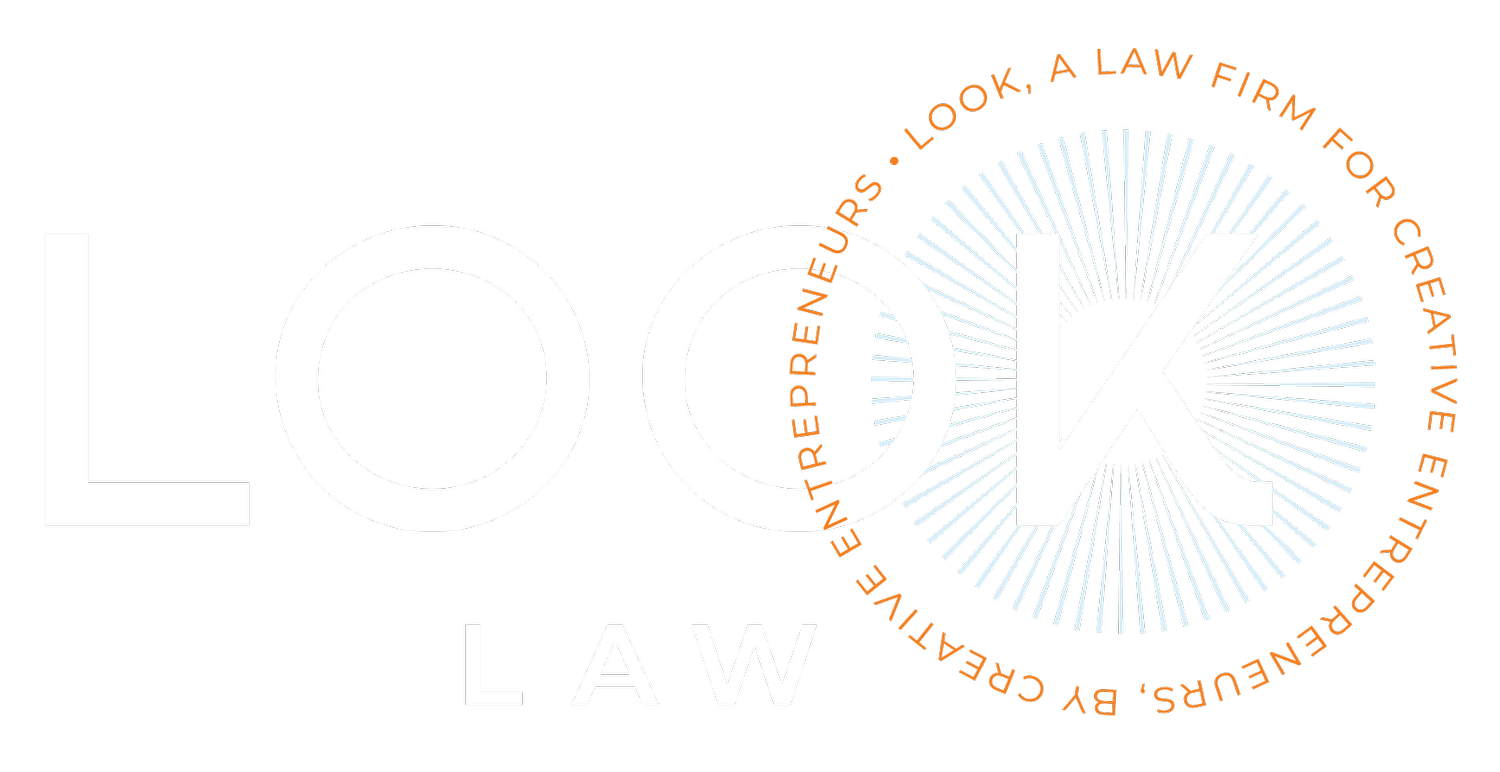Formations
Whether a small business or a high-growth startup, below are the outlined items necessary, from our years of experience as attorneys and entrepreneurs.
High-Growth Startup
-
This is the company’s “birth certificate.” Filed with the Secretary of State (Delaware, CA, WY, etc.), it legally creates the corporation.
Required to form a corporation and define basics like name, registered agent, and share structure.
Amendment of Certificate to include classes of Shares (Essential if you’re raising capital and offering different rights (e.g., preferred shares to investors).
-
This document records the founder’s formal appointment of the initial board of directors.
It transitions control from the incorporator to the board, a required corporate step.
-
Employer Identification Number: Issued by the IRS, like a Social Security Number for the company.
Required to open a bank account, hire employees, and file taxes.
-
Represents ownership in the company.
To record ownership and comply with securities laws. Must be documented to be legally effective.
Setup Cap Table.
-
“Issuance” means giving shares to founders, employees, or investors. Requires written Board consent.
For example, RSPAs. These are the contracts between the company and shareholders (often founders/employees) buying restricted stock.
They should include items like:
Preemptive Rights
Vesting
Cliff
Acceleration
-
Tax form filed with the IRS when receiving restricted stock.
Prevents paying tax on future appreciation of stock.
Deadline is hard: 30 days from grant/purchase.
-
A contract among shareholders that supplements bylaws—may cover voting rights, restrictions on transfers, founder departures, etc.
Helps prevent disputes and align expectations among co-founders or early investors.Item description
-
Internal governance rules of the corporation (e.g., how meetings are run, how directors are elected).
Helps establish procedures and compliance with corporate formalities.
The board of directors ratifies (approves) them in its first meeting or by unanimous written consent.
Small Business
(no investors)
-
This is the company’s “birth certificate.” Filed with the Secretary of State (Delaware, CA, WY, etc.), it legally creates the corporation.
Required to form a corporation and define basics like name, registered agent, and share structure.
Amendment of Certificate to include classes of Shares (Essential if you’re raising capital and offering different rights (e.g., preferred shares to investors).
-
This document records the founder’s formal appointment of the initial board of directors.
It transitions control from the incorporator to the board, a required corporate step.
-
Employer Identification Number: Issued by the IRS, like a Social Security Number for the company.
Required to open a bank account, hire employees, and file taxes.
-
Represents ownership in the company.
To record ownership and comply with securities laws. Must be documented to be legally effective.
Setup Cap Table.
-
“Issuance” means giving shares to founders, employees, or investors. Board Consent / Unanimous Written Consent
For example, RSPAs. These are the contracts between the company and shareholders (often founders/employees) buying restricted stock.
They should include items like:
Preemptive Rights
Vesting
Cliff
Acceleration
-
Internal governance rules of the corporation (e.g., how meetings are run, how directors are elected).
Helps establish procedures and compliance with corporate formalities.
The board of directors ratifies (approves) them in its first meeting or by unanimous written consent.


